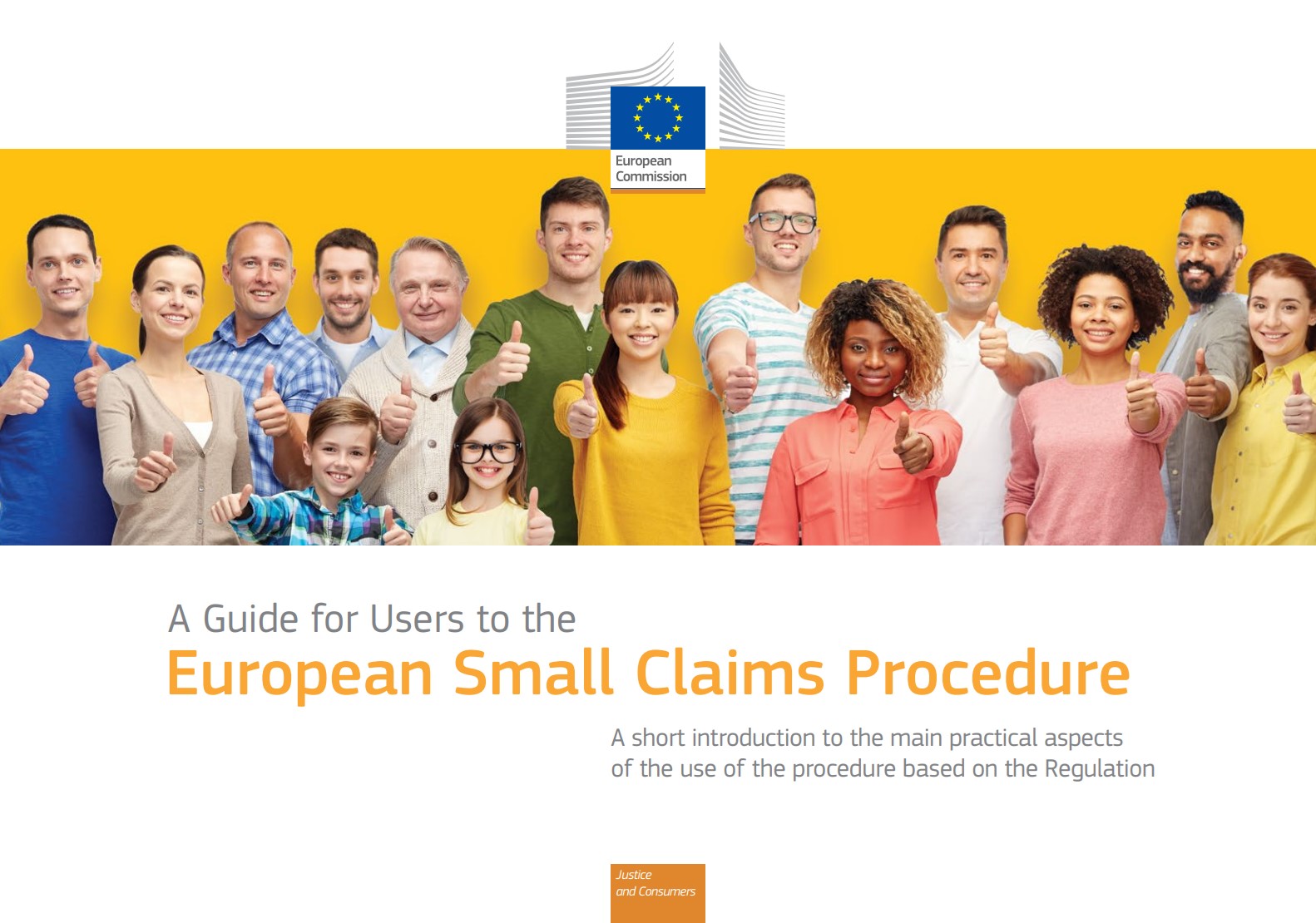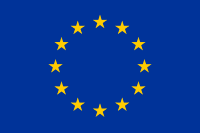Small Claims
General information about the procedure
The European small claims procedure applies in cross-border litigation to civil and commercial matters where the claim does not exceed 5.000,00 €. Since 2009 it is available in all EU Member States except Denmark as an alternative to national procedures. Regulation (EC) No 861/2007 of the European Parliament and of the Council of 11 July 2007 establishing a European small claims procedure. You may view the Act here: https://eur-lex.europa.eu/legal-content/EN/TXT/?uri=CELEX%3A32007R0861
The European Small Claims Procedure established by this Regulation is intended to simplify access to justice in cross-border small claims litigation in civil and commercial matters. "Small claims" are cases concerning sums under 5 000,00 €, excluding interest, expenses and disbursements (at the time when the claim form is received by the competent court). Judgments delivered under this procedure are recognised and enforceable in the other Member States without the need for a declaration of enforceability. The procedure is optional, offered as an alternative to the possibilities existing under the national laws of the Member States. change me Starting The Procedure
The European Small Claims Procedure follows a series of steps:
1. Filing the claim.
To file a claim for a sum less than 5.000,00 €, the claimant fills in a standard claim Form A provided in Annex I to the Regulation, and lodges it with the competent court by any means of communication acceptable to the Member State in which the action is taken.
2. Languages and translations
The claim and evidence must be submitted in one of the languages of the court. If a party refuses to accept a document because it is in a language he does not understand or a language other than one of the official languages of the Member State addressed, the court will notify the other party so that he can supply a translation.
The application form
3. Correcting and/or completing the claim form
If the claimant has not provided sufficient information, the court will send him a Form B (Annex II) asking for the missing information. The claim will be rejected if the claimant fails to complete or correct the claim in the time specified, or if it is manifestly unfounded or inadmissible.
4. Notifying the defendant
Once the court has received the properly filled in claim form A, it prepares a standard answer form C (Annex III). Form C, a copy of the claim and supporting documents, are served on the defendant by post with dated acknowledgement of receipt within 14 days. The defendant then has 30 days to prepare and return his response, counting from the date of service of the answer form. The defendant's response is forwarded to the claimant by the court within 14 days of receipt.
Counterclaim
5. Counterclaim
Any counterclaim submitted by the defendant (using Form A) is served on the claimant in the same way as the original claim was served on the defendant. If the sum of the counterclaim is more than 5 000,00 €, both claim and counterclaim will be dealt with in accordance with the relevant procedural law applicable in the Member State in which the action is taken (and not in accordance with the European Small Claims Procedure).
The Verdict
6. Judgment is given in 30 days
The court must give judgment within 30 days of receipt of the response from the defendant (or claimant, if there is a counterclaim). It can, however, decide to ask for further information, to take evidence or to summon the parties to an oral hearing. At the request of one party the court will issue a certificate of judgment (without further cost), using Form D (Annex IV).
European Litigation
Our expertise: Small Claims Procedures Regulation (EC) 861/2007, cross border claims EC-Regulation (EC) 44/2001 (Brussels I) and (EC) 1215/2012 (Brussels Ia), ROME I and II.
Evidence
7. Taking evidence
The court determines the extent of the evidence necessary for its judgment and the means of taking it, using the simplest and least burdensome method.
8. Oral hearings
The court will hold an oral hearing only if this appears to be necessary or if requested by one of the parties. The request may be refused if an oral hearing is obviously not necessary for the fair conduct of the proceedings. The hearing may be conducted through videoconference or other communication technology.
Enforcement
9. Enforcement of the judgment
Judgments are recognised and enforced in the other Member States, and cannot be reviewed as to substance in the Member State of enforcement. Enforcement is governed by the law of the Member State in which the judgment is enforced. The party is not required to have an authorised representative or a postal address in the Member State to carry out the enforcement procedure.
Costs
The cost of the proceedings are borne by the unsuccessful party.







